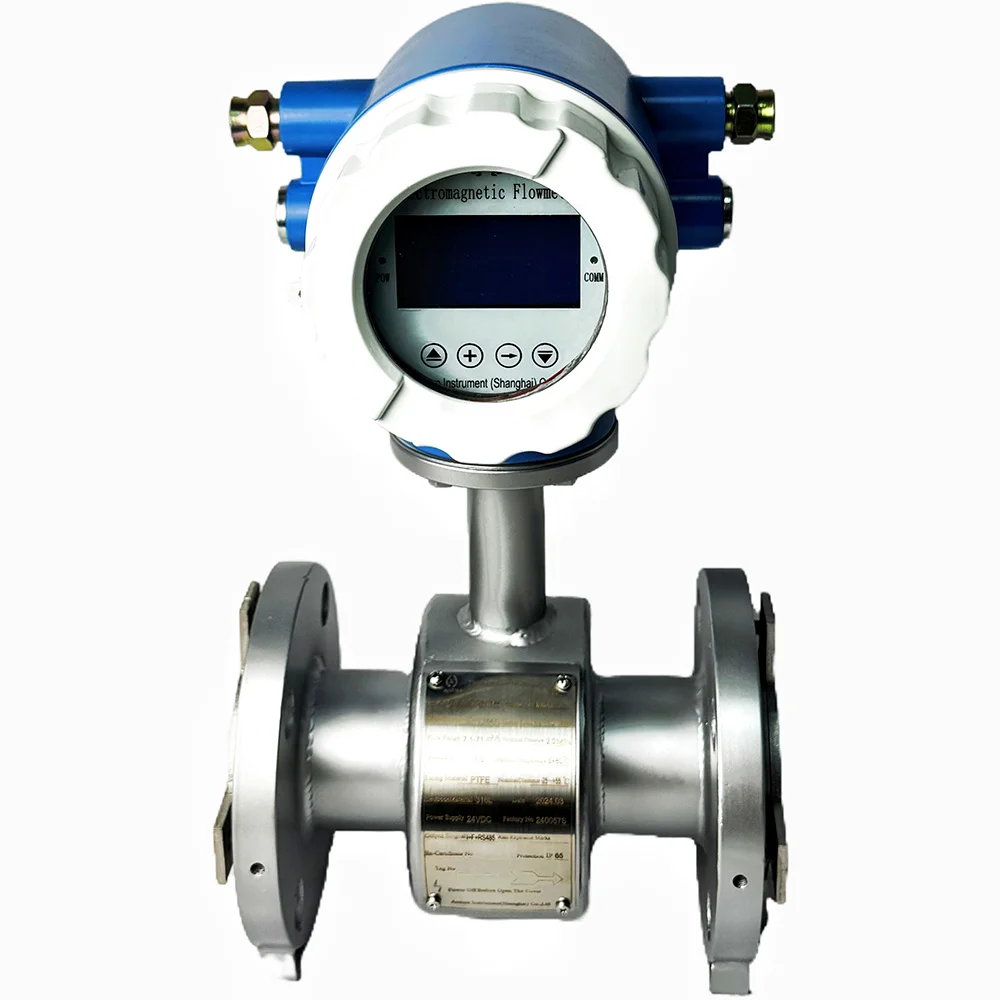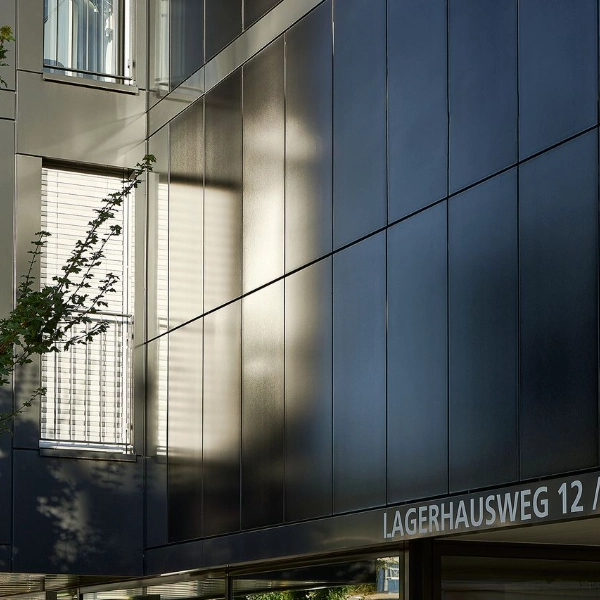With the continuous improvement of the degree of industrial automation, CNC milling machines are more and more widely used in the field of mechanical processing. However, the energy consumption problem that comes with it is also becoming increasingly prominent. As a high-precision and high-efficiency processing equipment, the energy consumption level of CNC milling machines directly affects the production cost and environmental impact of enterprises. Therefore, in-depth research on the energy consumption of CNC milling machines is of great significance for promoting energy conservation and emission reduction in the manufacturing industry.
1. Energy consumption of CNC milling machines
During the operation of CNC milling machines, the energy consumption of CNC milling machines mainly includes the energy consumption of the spindle drive, servo system, control system, and auxiliary equipment (such as a cooling system, lighting system, etc.). Compared with traditional machine tools, CNC milling machines have higher processing efficiency due to the use of advanced CNC technology and high-performance drive systems, but correspondingly, the energy consumption is also relatively high.
Specifically, the energy consumption of CNC milling machines is closely related to factors such as their model, specifications, processing materials, and processing technology. Generally speaking, large, high-speed, and high-precision CNC milling machines have higher energy consumption, while small, low-speed, and low-precision CNC milling machines have relatively low energy consumption. In addition, different processing tasks and process parameters will also have an impact on energy consumption. For example, the energy consumption during roughing is usually higher than that during finishing.
Compared with traditional machine tools, CNC milling machines have certain advantages in energy consumption. Traditional machine tools often require more manual operation and adjustment, resulting in low energy efficiency. CNC milling machines realize automated processing through preset programs, reduce manual intervention, and improve processing efficiency and energy utilization.
2. Factors affecting the energy consumption of CNC milling machines
Machine tool design and manufacturing: The design and manufacturing quality of machine tools directly affect their energy consumption level. For example, the use of high-efficiency motors and drive systems, optimized transmission structures, and lightweight machine tool beds can effectively reduce energy consumption. At the same time, precision control and assembly quality in the manufacturing process will also affect the operating efficiency and energy consumption of machine tools.
Processing technology and parameters: The selection of processing technology and parameters has an important impact on the energy consumption of CNC milling machines. Reasonable processing technology can reduce processing time and energy consumption; while optimized processing parameters (such as cutting speed, feed rate, cutting depth, etc.) can improve processing efficiency and reduce unnecessary energy consumption. In addition, the use of efficient tools and reasonable tool path planning can also reduce energy consumption.
Use and maintenance: The use and maintenance methods of CNC milling machines will also affect their energy consumption. Correct operation methods and regular maintenance can ensure that the machine tool is in good operating condition, reduce failures and downtime, and thus reduce energy consumption. At the same time, reasonable production planning and scheduling can also avoid long-term idling or standby of the machine tool, further reducing energy consumption.

3. Energy-saving measures for CNC milling machines
Optimize machine tool design and manufacturing: During the design and manufacturing stage of machine tools, attention should be paid to energy-saving design, high-efficiency motors, and drive systems should be used, transmission structures should be optimized, machine tool weight should be reduced, and dynamic response performance and stability of machine tools should be improved. At the same time, quality control in the manufacturing process should be strengthened to ensure the assembly accuracy and operation efficiency of the machine tool.
Reasonable selection of processing technology and parameters: In the selection of processing technology and parameters, a reasonable processing technology plan should be formulated according to the material, shape, size, and processing requirements of the workpiece, and appropriate parameters such as cutting speed, feed rate and cutting depth should be selected. By optimizing processing technology and parameters, processing time and energy consumption can be reduced and processing efficiency can be improved.
Strengthen the use and maintenance management: During the use and maintenance stage, the training and management of operators should be strengthened to ensure that they master the correct operation methods and maintenance skills. Regularly inspect and maintain the machine tools, promptly discover and deal with potential problems, and keep the machine tools in good operating condition. At the same time, reasonably arrange production plans and scheduling to avoid long-term idling or standby of machine tools.
As leading CNC milling machine companies, we are committed to continuously improving the energy efficiency ratio and operating efficiency of equipment through technological innovation and management optimization. By adopting advanced energy-saving technologies and intelligent control systems, we have effectively reduced energy consumption and reduced the operating costs of enterprises, providing customers with efficient and environmentally friendly CNC milling machine solutions and promoting the green transformation of the manufacturing industry.
www.bofengmachinery.com
Wuxi Bofeng International Group Co., Ltd.






